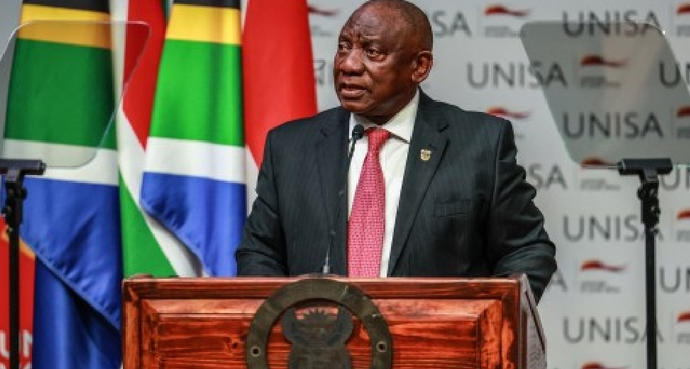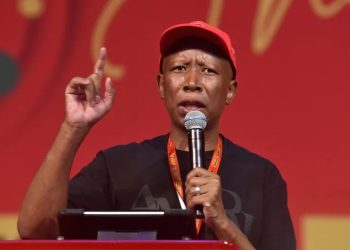President Cyril Ramaphosa’s latest call for national unity has backfired spectacularly, with frustrated citizens firing back: “He is the problem!”
Speaking at a public engagement this week, Ramaphosa urged South Africans to set aside differences and collaborate on solving the country’s crises—from rolling blackouts and unemployment to rampant crime and corruption. “We need collective action to move forward,” he insisted.
But for many, the appeal rang hollow. “How can he beg for unity after years of failed leadership?” one critic retorted, capturing the mood of a disillusioned electorate. The backlash exploded on social media, with #RamaphosaIsTheProblem trending as users listed his administration’s unmet promises.
Political analysts say the furious response reflects a dangerous trust deficit. Despite Ramaphosa’s anti-corruption pledges, high-profile scandals—like the Phala Phala farm saga—and sluggish reforms have eroded faith in his government. “When you preside over collapse, you don’t get to lecture citizens about teamwork,” tweeted a prominent commentator.
Even some within the ANC acknowledge the disconnect. “People see ministers lining their pockets while hospitals collapse and jobs vanish. No wonder they’re angry,” an unnamed party insider conceded.
Yet the president’s defenders argue systemic crises require societal effort. “Government can’t fix everything alone—communities and businesses must step up too,” countered a Ramaphosa ally, pointing to successful local anti-crime initiatives.
As the outcry grows, the presidency faces a critical question: Can Ramaphosa transition from rhetoric to tangible results before public patience runs out? With elections looming, his unity mantra risks sounding increasingly like a plea to share blame rather than a roadmap for recovery.
For now, the viral backlash signals a nation running short on trust—and tolerance for political platitudes.






















